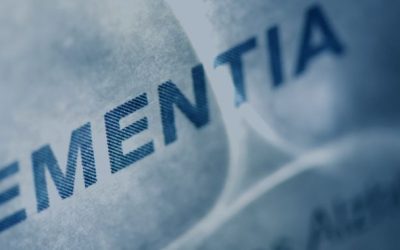Understanding the Importance of Neurological Rehabilitation

John Hopkins Medicine defines neurological rehabilitation as ‘a doctor-supervised program designed for people with diseases, injury, or disorders of the nervous system. Neurological rehab can often improve function, reduce symptoms, and improve the well-being of the patient.’
Understanding Neurological Rehabilitation:
At its core, neurological rehabilitation addresses a spectrum of conditions that affect the nervous system. This encompasses injuries, infections, degenerative diseases, structural defects, tumours, and circulatory system disorders. The aim is to mitigate impairments in the nervous system, providing relief and promoting overall health.
Conditions Benefiting from Neurological Rehab:
Diverse conditions find solace in neurological rehab, including vascular disorders like ischemic and haemorrhagic strokes, infections such as meningitis and encephalitis, traumatic incidents like brain and spinal cord injuries, and a range of structural, neuromuscular, functional, and degenerative disorders.
The Neurological Rehab Team:
The orchestration of a successful neurological rehabilitation programme involves a multidisciplinary team of skilled professionals. From neurologists and orthopaedic surgeons to rehabilitation specialists, physical therapists, and psychologists, each team member plays a crucial role. This collaborative effort ensures a holistic approach tailored to the unique needs of each patient.
Designing the Neurological Rehab Programme:
Whether conducted on an inpatient or outpatient basis, neurological rehab programmes are meticulously designed to address individual needs. Active participation from both the patient and their family is fundamental to achieving success. The overarching goal is to restore the highest level of function and independence, enhancing the overall quality of life physically, emotionally, and socially.
Elements of Neurological Rehab Programmes:
Neurological rehabilitation encompasses a range of interventions to meet specific goals. This includes assistance with activities of daily living, speech therapy, stress and anxiety management, mobility improvement, exercise programs, social and behavioural skills retraining, nutritional counselling, community support group involvement, cognitive impairment rehabilitation, assistance with assistive devices, education, and counselling on safety, independence, and home care needs.
Neurological rehabilitation emerges as a beacon of hope for those navigating challenges within the nervous system. By engaging in a comprehensive programme, individuals can reclaim their lives, attaining the highest level of function and independence possible. The collaborative efforts of a diverse team, combined with active patient involvement, make neurological rehabilitation a transformative journey toward holistic well-being. For those seeking safe and effective post-trauma neurological rehabilitation therapy at home, the innovative Tigo 558 presents an empowering solution, enabling individuals to continue their healing journey beyond the confines of traditional rehabilitation settings.
Recent Blog Posts
Exercise Therapy for Dementia: A Path to Empowerment and Independence
At Beechfield Rehab, we provide innovative solutions to support individuals with dementia. The THERA-Trainer Tigo 558 is a versatile, motor-assisted therapy device designed to improve mobility, strength, and independence.
Enhancing Quality of Life for ALS Patients with Motor-Supported Movement Trainers
The findings underscore the value of incorporating motor-supported movement trainers into ALS treatment plans. By improving mobility, reducing discomfort, and enhancing overall well-being, these devices provide a tangible improvement in quality of life for patients.
The Path to Recovery is Paved with Movement
Stroke recovery happens in three stages, and consistent movement through physical therapy is key to regaining strength, mobility, and independence.



